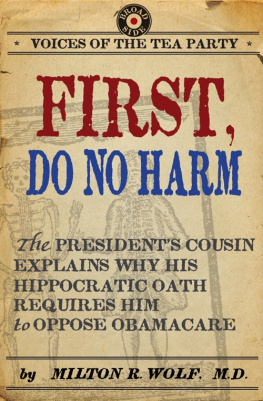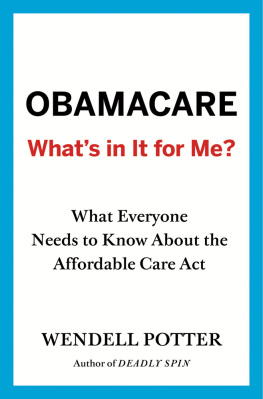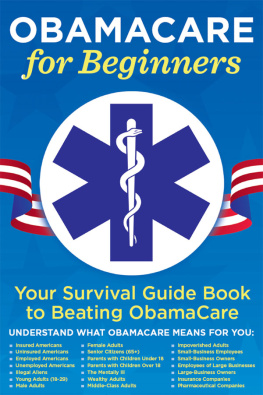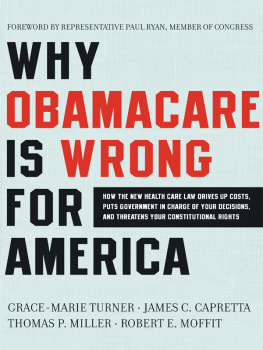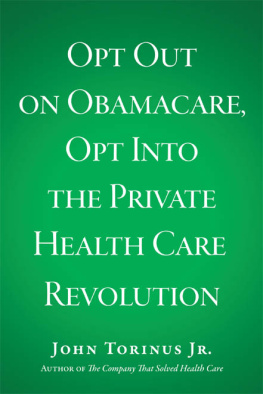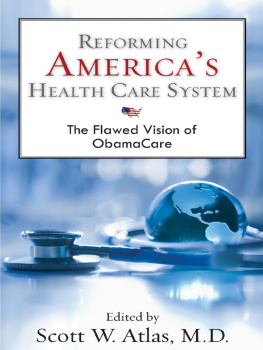V oices of the Tea Party is a real-time collaborative forum for Tea Partiers around the country that delivers in-depth information on tactics, strategy, and policy from on-the-ground activists through the use of inexpensive and easy to download e-books. The series will serve the vibrant online community of everyday Americans who launched and continue to drive the Tea Party movement, by taking their collaborative discussions to a much higher level. Tea Party supporters around the country will now be able to instantly access best practices that have succeeded elsewhere, hear the stories of others in the movement, and learn from Tea Partiers with specific policy ideas and expertise. Perhaps more important, they will be able to engage with other thought leaders by submitting their own e-book proposals for possible inclusion in the series. (Please see our website for details: broadsidebooks.net.) Readers and writers alike can thereby join the important national discussion within this ever-expanding community of citizen-activists who have dedicated themselves to securing the movements core values of constitutionally limited government, fiscal responsibility, and free markets.
Series editor Michael Patrick Leahy has been one of the driving forces of the Tea Party movement from its inception. Hes a co-founder of the Nationwide Tea Party Coalition, which sponsored the very first national Tea Party demonstrations; the February 27, 2009, Nationwide Chicago Tea Party; and the April 15, 2009, Tax Day Tea Party. He is also the author of The Ideological Origins of the Tea Party Movement , to be published by Broadside Books in January 2012. His website is http://www.michaelpatrickleahy.com.
A Collision of Two Worldviews
O ne day by chance my mother, Margaret Wolf, read of an Illinois state senator preparing for a United States Senate campaign. She didnt recognize the candidates name, but the article did mention his great-uncle Charles Paynewho also happened to be my mothers cousin. She realized immediately that Barack Hussein Obama must be the son of her long-lost cousin and childhood friend, Stanley Ann Dunham, so she got on the phone and hit the road. For years she had dreamed of reuniting a family split apart many decades before. Barack Obama welcomed her with open arms, and she even joined him later on the presidential campaign trail.
Barack and I both hail, on our mothers side, from the McCurry family of Kansas, and it is perhaps fitting that our shared heritage dates back to our common grandparents Thomas and Margaret McCurry, who, like others in our family, carried the scars of Americas Civil War. A generation later, Thomas and Margarets children Franklin (my grandfather) and Leona (Baracks grandmother) would raise their own kids in southeast Kansas. My mother, Margaret, and Baracks grandmother Madelynwho passed away just a week before Barack was elected presidentwere first cousins. Because of their age difference, however, it was Madelyns daughter Stanley Ann who grew up with my mother as young girls. My mother tells stories of them playing dolls and dress-up or hiding away from my moms older sisters. They also adventured into the dangers of the Derby Oil Refinery, where my grandfather was a chemist and later an executive. Their childhood friendship was cut short when Stanley Anns parents, Stanley and Madelyn Dunham, left the heartland for Seattle in 1955. Sadly, because of Stanley Anns untimely passing, she and my mom would never see each other again.
By the time Barack and I met, he was already president and I had embarked on a very public crusade against ObamaCare. As a practicing physician who is strongly opposed to the presidents health care reforms, Ive spoken at Tea Party events around the nation; shared the stage with conservative icons like Sean Hannity, Karl Rove, and Laura Ingraham; and met with leaders from Congress and even Sarah and Todd Palin. Ive been a guest on television shows, such as Hannity and Fox and Friends , and on more radio shows than I can count. Most recently Ive accepted a role as a Washington Times columnist. We joke that before all this is said and done, Barack and I are going to need our own beer summit.
My first reaction when the White House called inviting me to meet with the president was that it must be a prank. Then I was overcome with a feeling I hadnt had since junior high school, all those times when I was called into the principals office: I must really be in trouble. But the president and I did meet, and I was honored to introduce him to my family. There we were, two boys whose lives were separated by fate and by decisionsnot our ownthat shaped not only our family but American history itself. I will not betray the confidentiality of our conversations but I will share one unforgettable moment when we realized something that made us both laugh, one of us nervously and one of us proudly: I am the only Tea Partier the president knows.
Barack, I believe, means well, and I respect him for that. I certainly have great respect for the office he holds. But his basic approacha faith in government controls and bureaucraciesis deeply misguided. It will continue to lead to disaster, as it has already done in health care and elsewhere.
Barack and I carry similar scars: we both lost parents at an early age. I was only a teenager when I watched my father die of pancreatic cancer. That heart-wrenching image will forever be emblazoned in my memory. The man who had dedicated his life to serving others, who held thousands of patients lives in his hands, took one final breath and then escaped the bonds of this earth. Years later, after holding the lives of thousands of my own patients in my hands and carrying the scars of each who escaped my grasp, I have come to better understand the lessons my father tried to teach me about compassionate health care.
My father practiced in the idyllic golden era of medicine, when physicians dedicated themselves to family care and were largely unencumbered by government interference. He did the things small-town doctors would do: made house calls, saw patients in our living room, and saw to it that families received care regardless of their ability to pay. When a family couldnt afford care, the government didnt forbid my dad from forgiving their bill or giving them free samples. When better treatments became available, the government didnt prevent him from providing them. And when my father himself turned from physician to patient, a health care system mostly unencumbered at the time by the heavy hand of government allowed him to die with the dignity he deserved.
I grew up as Dr. Wolfs son in a small community that loved him as much as he loved them. Perhaps providentially, these formative years for me were also the Reagan years, serendipitously poised between these boyhood observations of my fathers medical practice and my own. I heard the words our president spokegovernment is not the solution to our problem; government is the problemand needed to look no further than some of my own fathers struggles to understand what they meant.
Baracks mother was also taken at far too young an age. She developed ovarian cancer while living in Indonesia and was fortunate enough to do what thousands the world over do, and millions more wish they could: she came to America to seek the medical miracles that only our nations health care system can provide.


